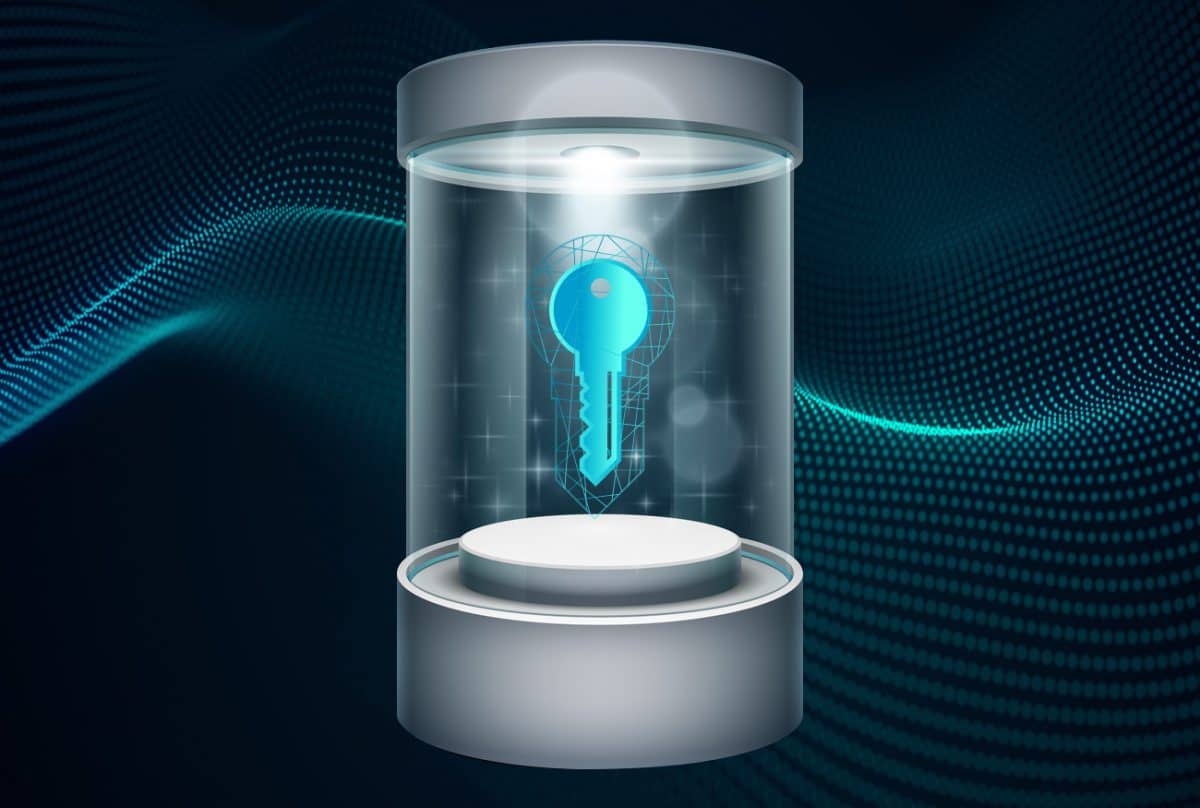
What Are Public And Private Keys And How To Keep Them Safe?
Crypto wallet private keys are an essential aspect of managing your digital assets in the world of cryptocurrency.
They are the secret codes that allow you to access and control your funds, and their security is crucial to prevent loss or theft. In this article, we will explore what private keys are, how they work, and why they are so important.
We will also provide tips on how to protect your private keys and avoid common mistakes that can lead to permanent loss of your funds.
What Are Private Keys?
Private keys play an important role in your crypto journey. Your private key enables you to manage and control your blockchain wallet and, at the same time, let people ascertain that you own it.
To identify ownership, you also have to be aware of your public key—together, the two recognize you as the owner of the wallet that you use for all your transactions.
What is the difference between the two? We can correlate it with your bank’s account number and PIN. Your private key is the PIN that only you should know and keep secret, while your public key is the account number that you can share with other people.
In cryptocurrency, a private key authenticates asset ownership and encrypts a wallet. From the private key is created a public key. This public key can be shared by anyone wanting to send you crypto.
In the following, you will learn more about the main differences between the public keys and private keys.
What Are Public Keys?
Public keys are an essential component of modern cryptography and are used to secure online communications and transactions. A public key is a unique alphanumeric string that is generated by a cryptographic algorithm and is made available to the public.
It is used to encrypt messages or data, which can only be decrypted by the corresponding private key held by the intended recipient. Public keys are used in various applications, including secure email communication, digital signatures, and online banking transactions. They provide a secure and reliable method for transmitting sensitive information over the internet, ensuring that only the intended recipient can access it.
Private Key vs. Public Key
As mentioned above, private key and public key are two essential components of cryptography that are used to secure digital transactions.
A private key is a secret code that is known only to the owner and is used to sign transactions and prove ownership of digital assets.
On the other hand, a public key is a code that is shared publicly and is used to verify the authenticity of digital signatures and encrypt messages.
The public key is derived from the private key through a complex mathematical algorithm, and it can be shared with anyone without compromising the security of the private key.
In essence, the public key is like a password that unlocks access to digital assets, while the public key is like a digital signature that verifies the identity of the owner.
Together, public key and public key form the backbone of secure digital transactions and enable users to transact safely and securely in the digital world.
Why are private keys important?
Private keys are important because they are the only means of proving ownership and authorizing transactions in the digital world.
Without a private key, it is impossible to access or transfer digital assets such as cryptocurrencies, digital certificates, or secure messages.
Private keys are also essential in ensuring the confidentiality and integrity of digital transactions, as they are used to encrypt and sign messages that are transmitted over the internet.
In essence, private keys are the foundation of digital security and are critical in protecting sensitive information and digital assets from unauthorized access or theft.
When setting up a crypto wallet, like Hippo Wallet, a user is presented with a 24-word recovery phrase. These 24 words are used to generate the user's private key.
Therefore, the user must not share those 24 words and his private key with anyone. This allows users to restore their wallets if they ever lose access to them.
If a user loses his device, he can restore his wallet and retrieve his funds using this recovery phrase.
However, depending on whether the wallet you use is custodial or non-custodial, your private keys are controlled by the actual owner of the fund.
In Hippo Wallet’s case, since it is non-custodial, you have sole control over your funds and access to your private key, public key, and passcode.
Read more: What is a non-custodial wallet?
How Can You Keep Your Public Key Safe?
Keeping your public key safe is important in maintaining the security of your online communications and transactions. However, unlike your private key, your public key can be shared with others without compromising your security.
One way to keep your public key safe is to only share it with trusted parties, such as those with whom you are communicating or conducting transactions. It is also important to regularly update your public key to ensure that it remains secure.
Additionally, you should be cautious when downloading or using software that generates public keys, as some may be malicious and compromise your security. By taking these precautions, you can help ensure that your public key remains safe and that your online activities remain protected.
How Can You Keep Your Private Key Safe?
It is important to note the following tips for storing your private keys and the ways you can keep it safe:
- Use a Hardware Wallet: A hardware wallet is a physical device that stores your private keys offline, making them less vulnerable to hacking attempts.
- Keep Your Private Keys Offline: Avoid storing your private keys on devices that are connected to the internet, such as computers or smartphones. Instead, keep them on an offline device such as a USB drive.
- Use Strong Passwords: Use strong passwords that are difficult to guess and avoid using the same password for multiple accounts.
- Backup Your Private Keys: Always backup your private keys in a secure location, such as a safety deposit box or a fireproof safe.
- Be Careful with Email and Messaging Apps: Avoid sending your private keys over email or messaging apps, as these channels are not secure and can be intercepted by hackers.
- Keep Your Software Up-to-Date: Keep your software and operating system up-to-date with the latest security patches to prevent vulnerabilities that could compromise your private keys.
- Use Multi-Factor Authentication: Consider using multi-factor authentication to add an extra layer of security to your accounts. This could include biometric authentication, such as fingerprint or facial recognition, or a one-time password generated by an app or hardware token.
Conclusion
In conclusion, public and private keys are essential components of secure online communication and transactions. The private key must be kept safe and secure at all times, therefore the safety of your private key is in your hands, and it is up to you to take the necessary steps to protect them. While the public key can be shared with trusted parties.
To ensure the safety of these keys, it is important to only share the public key with trusted parties, regularly update the keys, and be cautious when downloading or using software that generates them.
By following these best practices, individuals and businesses can maintain the security of their online activities and protect themselves from potential threats.
Also it is worth noting that our team is working on enhancing our crypto wallet app and giving it more features that will make our users trust us more. Stay tuned for our updates. Follow us on Instagram, Facebook, Twitter, and Telegram.
Disclaimer: The views and opinions expressed in this article are solely the author’s and do not necessarily reflect the views of Hippo Wallet. No information in this article should be interpreted as investment advice. Hippo Wallet encourages all users to do their own research before investing in cryptocurrencies.



